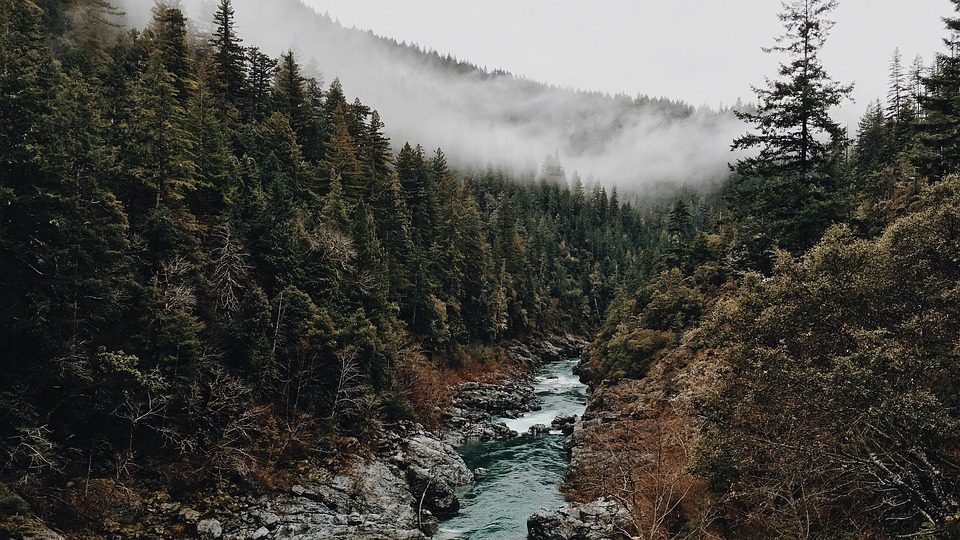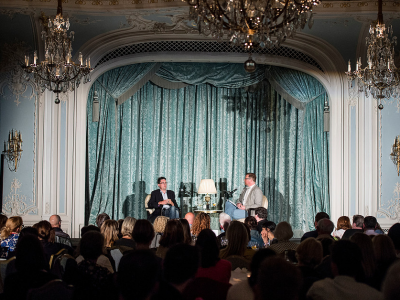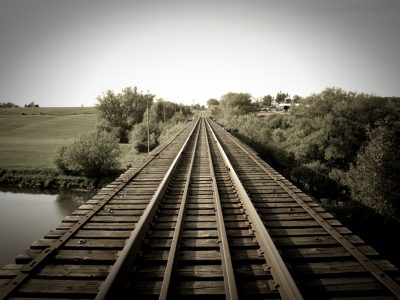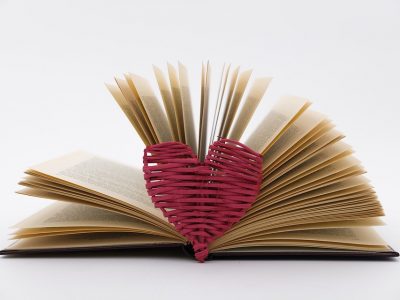A story of one teenager’s voyage North, Erin explores what it means to be human in this debut novel
Whether this article contains spoilers depends on your vantage point: as a book essentially about journeys, the lessons learnt throughout surge to a beautiful revelation. But it is not a neatly packed plot summary. Rather, it is a blossoming of ideas which have germinated throughout and which occur as an epiphany to Erin. To squeeze as much life out of Erin’s story, and to experience the same epiphany, read the novel first. But knowledge of its themes and thoughts, its light and shade, shouldn’t detract you from taking the journey, either. There’s so much more to unfold.
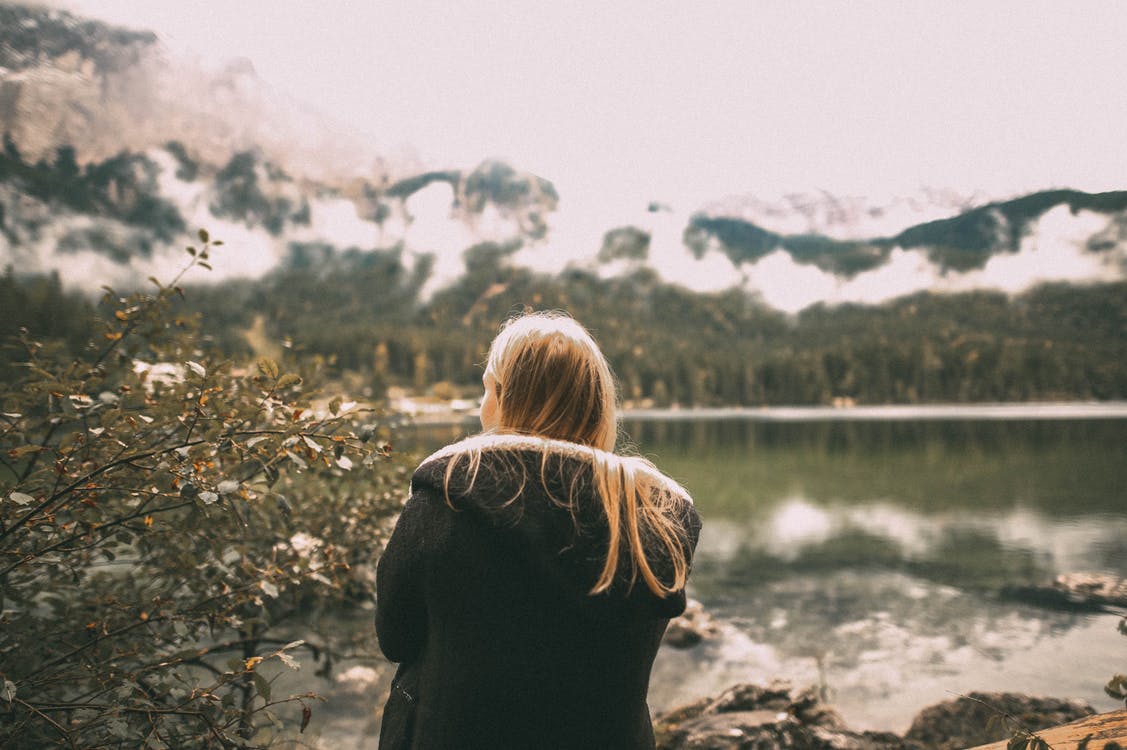
Image credit: Pexels
Erin realises that when watching TV and reading books, she almost always has to unconsciously append an imaginary penis in order to imagine herself in the hero’s position. This is thrown into striking, angry relief when she watches Into the Wild, a film about the explorer Chris McCandless, and catalyses this teenager’s fiercely feminist journey into the wild.
At the beginning of her “Odyssean epic, only with me, a girl,” Erin scrutinises the paradoxical place women have in relation to the wild: as both fiercely of it, in the form of mother nature, and forever excluded. “In survivalist terms,” Erin writes, “we are the weaker sex and cannot prosper individually outside of the social sphere or without the protection of a manly man. Women both are excluded from, and banished to, nature.”
On her way she’ll have hilarious and troubling experiences in swathes, from using a tampon as an additional fishing hook (which turns out to have been genius) to narrowly escaping a lustful lorry driver. Her encounters with men rawly reflect the grey area many relationships in life occupy: the ambiguity of intention and the knottiness of communication which births it. It is up to her to decipher the men in her life, and it’s a lonely, impossible and necessary task she was thrust into by virtue of being born female.
Her quest for authenticity is tangled, complicated and full of unavoidable contradictions and paradoxes which form the rocky path of her imaginative terrain. Is it possible to be authentic and sincere in today’s saturated society, or are we forever haunted by the certainty that we’ve heard that somewhere before? Erin herself will burst with breathtaking, elevative language that soars through the vast spaces of Alaska. She will zoom in both with her camera, since she is making a documentary of her journey and with language, on the minutiae. She moves from acute descriptions of the shale on which she slips when trying to ascend a mountain to the unthinkably vast spaces of space itself.
She brings in the men and women who have, or haven’t, pushed the frontier, the horizon, further and further, like the endlessly expanding universe always reaching into the unknown. But she will then qualify her descriptions with a film reference or her typical dry, funny ironism and distance herself from the language, as though to do so was to still remain desperately outside of the wilderness.
In her solitude she questions the raw, fundamental questions that plague us all, almost losing herself in the process: who are we? What are we looking for? Why has so much been kept from women that has been available to men? Crucially: am I doing it right? She touches on questions of colonialism, ownership, power, feminism, solitude. Is language itself colonisation?
By letting our mouths form and sound the shape of “wilderness” are we thereby destroying it, since it, by virtue of being wilderness, must be separate from us, an untouchable ideal resistant to symbols? Even though this, of course, makes it in a sense entirely symbolic. She writes: “I have been trying so hard to put it into words but I have been struggling because it can never really be worded without making it immediately dissipate. I have been unweaving rainbows.”
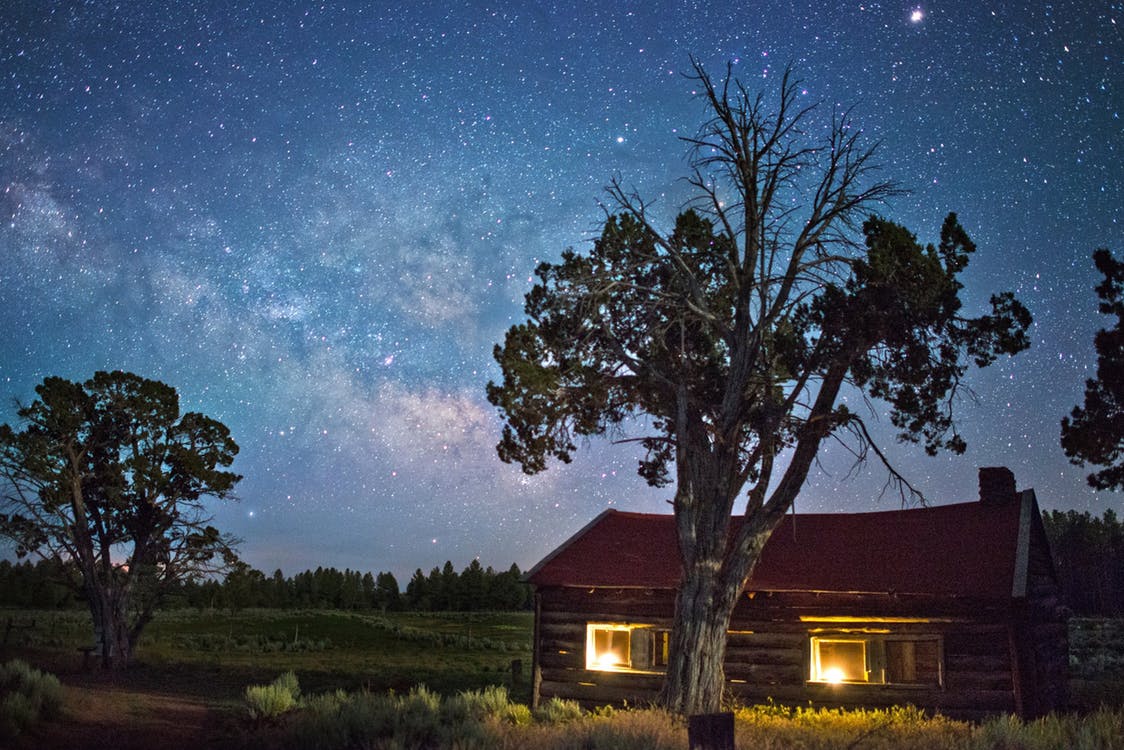
Image credit: Pexels
Men have been selfish for wanting so much space and solitude for themselves and have ultimately got it wrong, Erin finds. To ironically stick it to the man, to shun the “machine” he simply consolidates its power by “othering” the natural world and forcibly, in direct contrast to his mission, remaining entirely disjoined from it. Erin discovers James Lovelock’s creation of Gaia with Lynn Margulis. The concept suggests that it is not only life which sustains the earth, but the earth itself.
Life is heaved into the prose as Erin imagines the world as alive, breathing. It suggests that the world is a regulating system where organic and inorganic matter communicate to make it not only hospitable, but thrive. The rivers are its veins, as well as the webbed, sprawling networks of roots under foot. The forest whispering to itself. The essential truth of the wild can’t be found in the greats, like Thoreau, to whom Erin is always referring (though she acknowledges how essential they have been in reaching the turning point we now face). Instead, the truth is imaginatively embodied by Gaia, a mythical woman who doesn’t see herself separate to everything but part of its fabric.
Colonial man has got it wrong by seeing himself separate to nature and above it, Erin realises, instead of as a part of it. We are not separate to the wilderness, but are it. The novel thus surges into a plea: it’s not too late to start nurturing Earth. Images of inosculation are dotted throughout the novel; trees who start life separately grow into one another, arms flowing into arms into arm. The answer has been there all along.
This novel will blow through you like an irrefutable force, like the winds that whip Erin as she ploughs towards Alaska. It will make you feel as small as an ant and colossal as an ocean, will take you to the depths and heights of earth and beyond into the vastness of space. With humour, irony, wit, intellectual musing and the essential power of womanhood, it is impossible to see the world the same again after the final leaf is turned.

